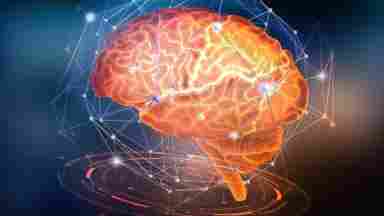
Digital Neuroscience Can Help Alleviate the Mental Health Crisis
Financial Times
Bruce Wexler, MD
Share this article
RELATED INFORMATION

Center for BrainHealth Supports Front Line and First Responder Professionals With Stress Resilience Training
Center for BrainHealth to offer SMART training to frontline workers.